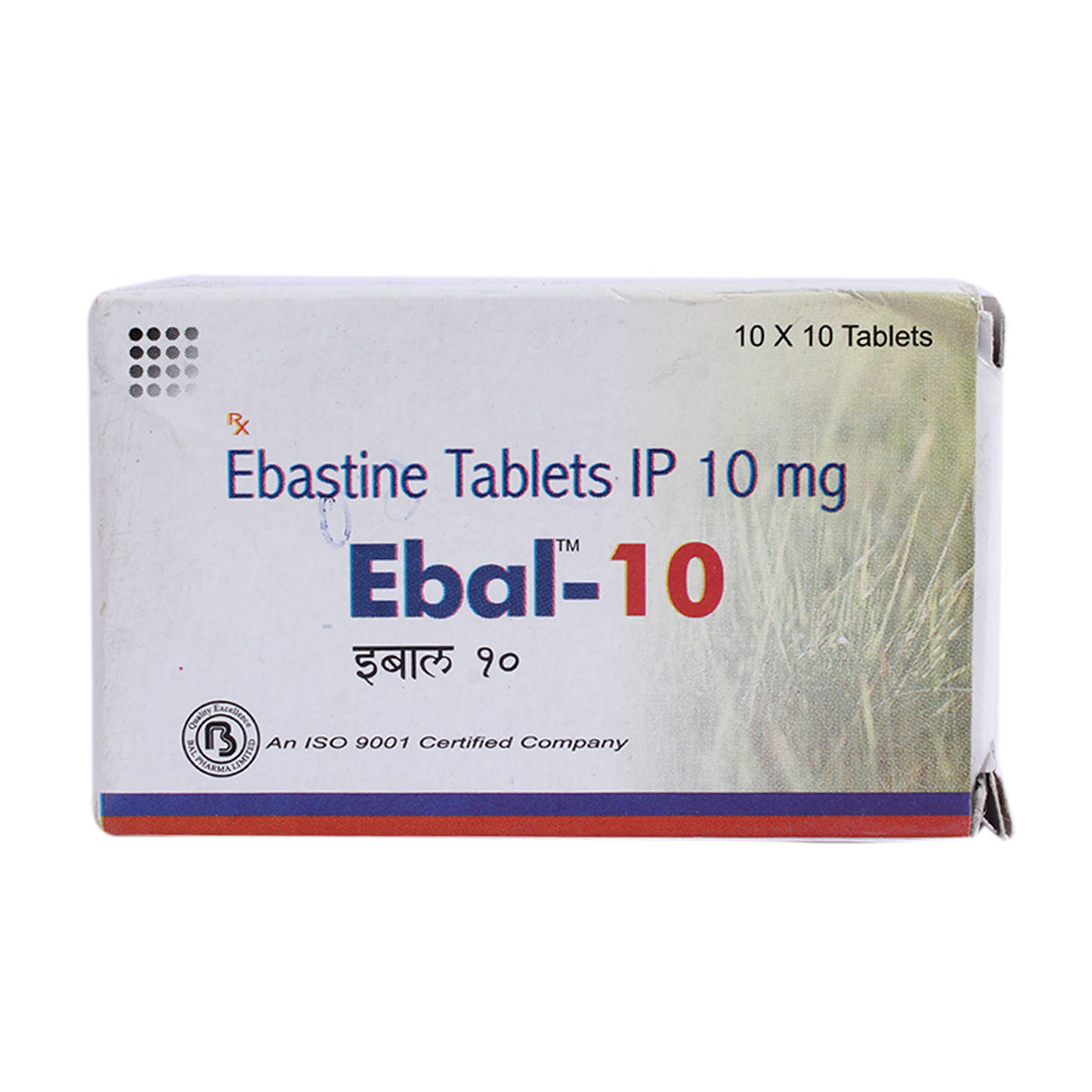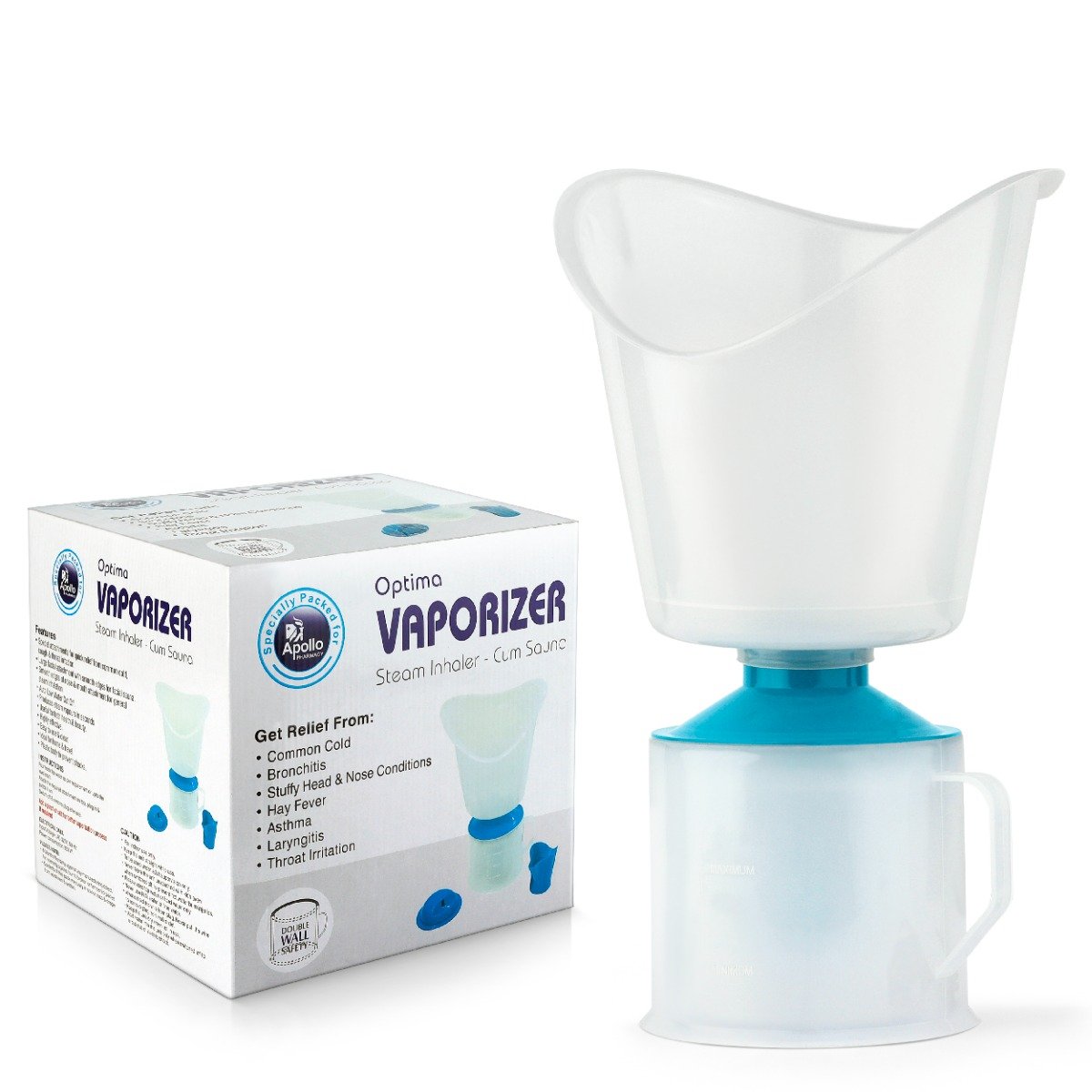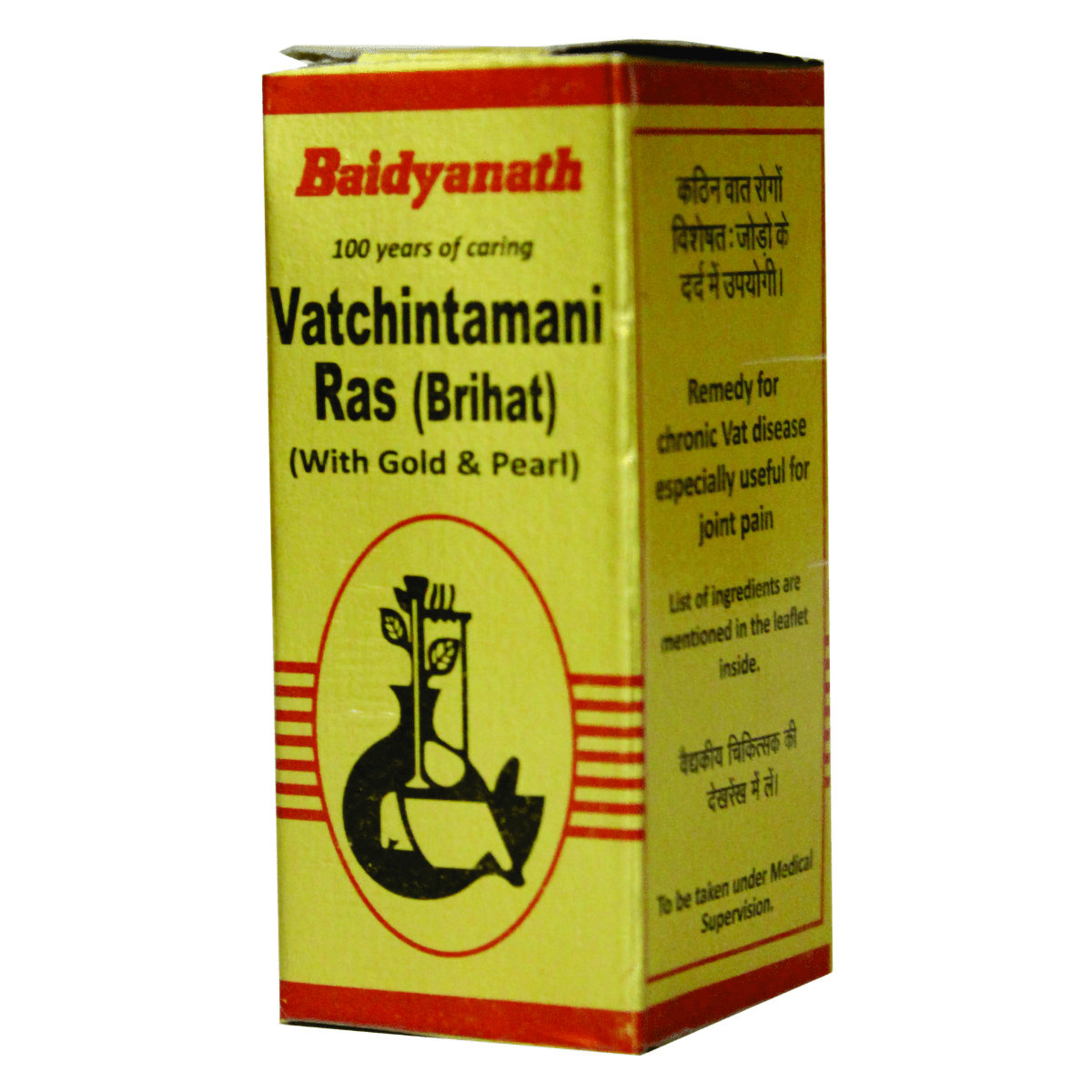Ebasil Tablet



MRP ₹121.5
(Inclusive of all Taxes)
₹14.6 Cashback (12%)
know your delivery time
Provide Delivery Location
Composition :
Manufacturer/Marketer :
Consume Type :
Expires on or after :
Return Policy :

Secure Payment

Trusted by 8 Crore Indians

Genuine Products
Therapeutic Class
Country of origin
Manufacturer/Marketer address
Author Details
We provide you with authentic, trustworthy and relevant information
FAQs
Disclaimer
Alcohol
Safe if prescribed
You are recommended to avoid alcohol consumption while taking Ebasil Tablet to avoid unpleasant side effects. Alcohol intake along with Ebasil Tablet may cause increased drowsiness. Please consult your doctor if you have any concerns regarding this.
Pregnancy
Consult your doctor
Limited evidence is available on the safety of Ebasil Tablet in pregnant women. Please consult your doctor before taking Ebasil Tablet if you are pregnant; your doctor will prescribe Ebasil Tablet only if the benefits outweigh the risks.
Breast Feeding
Consult your doctor
It is not known whether Ebasil Tablet passes into the mother’s milk. Please consult your doctor before taking Ebasil Tablet if you are breastfeeding; your doctor will prescribe Ebasil Tablet only if the benefits outweigh the risks.
Driving
Safe if prescribed
Ebasil Tablet may cause dizziness and drowsiness, do not drive or operate heavy machinery if you feel dizzy.
Liver
Consult your doctor
Safe if prescribed by the doctor in patients with mild to moderate liver impairment for up to 7 days. Dose adjustment may be needed in patients with severe liver impairment. Please consult your doctor if you have any concerns regarding this.
Kidney
Consult your doctor
Safe if prescribed by the doctor for up to 5 days in patients with kidney impairment. Please consult your doctor if you have any concerns regarding this.
Children
Safe if prescribed
Ebasil Tablet is not recommended for children as efficacy and safety have not been established.
Product Substitutes
About Ebasil Tablet
Ebasil Tablet belongs to the group of medicines called 'Histamine H1 receptor antagonist' primarily used to treat allergic conditions like seasonal allergies/hay fever, allergic rhinitis, perennial allergic rhinitis (stuffy nose) and allergic conjunctivitis (eye allergies). Allergy is the response of the body to a foreign substance.
Ebasil Tablet contains 'Ebastine' that works by blocking the effect of histamine (chemical messenger) which is responsible for allergic reactions, thereby providing relief from allergic symptoms such as swelling, itching, rashes, sneezing, runny nose and watery eyes.
You are advised to take Ebasil Tablet for as long as your doctor has prescribed it for you depending on your medical condition. In some cases, Ebasil Tablet may cause common side-effects such as dry mouth, headache, and drowsiness. Most of these side effects do not require medical attention and will resolve gradually over time. However, you are advised to talk to your doctor if you experience these side effects persistently.
Consult your doctor before taking Ebasil Tablet if you are pregnant or breastfeeding, your doctor will prescribe Ebasil Tablet only if the benefits outweigh the risks. Ebasil Tablet may cause drowsiness and dizziness, so drive only if you are alert. Ebasil Tablet is not recommended for children as safety has not been established. Avoid consuming alcohol along with Ebasil Tablet as it could lead to increased drowsiness and dizziness.
Uses of Ebasil Tablet
Medicinal Benefits Mweb
Key Benefits
Ebasil Tablet belongs to the group of medicines called histamine H1 receptor antagonists used to treat allergic conditions like symptoms of seasonal allergies (hay fever), allergic rhinitis (stuffy nose), and allergic conjunctivitis (allergy in the eye). Ebasil Tablet works by blocking the effect of histamine (chemical messenger) which is responsible for allergic reactions, thereby providing relief from allergic symptoms such as swelling, itching, rashes, sneezing, runny nose and watery eyes.
Directions for Use
Side Effects of Ebasil Tablet
- Headache
- Dry mouth
- Dizziness
Drug Warnings
Do not take Ebasil Tablet if you are allergic to any of its contents. Talk to your doctor before taking Ebasil Tablet if you have heart disease such as ECG alteration (prolongation of QT interval). Take Ebasil Tablet with caution if you have low levels of potassium in the blood. Avoid consuming Ebasil Tablet along with erythromycin (antibiotics) and ketoconazole (anti-fungal) as it might lead to higher levels of Ebasil Tablet in the blood leading to toxicity. Consult your doctor before taking Ebasil Tablet if you are pregnant or breastfeeding. Ebasil Tablet may cause drowsiness and dizziness, so drive if you are alert. Ebasil Tablet is not recommended for children as safety has not been established. Avoid consuming alcohol along with Ebasil Tablet as it could lead to increased drowsiness and dizziness.
Drug-Drug Interactions
Drug-Drug Interactions
Login/Sign Up
Drug-Food Interactions
Drug-Food Interactions
Login/Sign Up
Drug-Diseases Interactions
Drug-Diseases Interactions
Login/Sign Up
Drug-Drug Interactions Checker List
- ERYTHROMYCIN
- KETOCONAZOLE
Habit Forming
Diet & Lifestyle Advise
- Include citrus fruits in your diet as they help in reducing allergies.
- Turmeric and ginger have anti-inflammatory properties, which help reduce inflammation-driven allergy, swelling and irritation.
- Exercise regularly and include healthy food to keep your immune system at bay.
- Avoid getting in contact with allergens (allergy-causing agents) such as dust, pollen, mould, insects, etc.
All Substitutes & Brand Comparisons
RX
Out of StockEbaset 10mg Tablet
Kivi Labs Ltd
₹43.31
(₹3.9 per unit)
63% CHEAPERRX
Out of StockEbasprit 10mg Tablet
₹49.5
(₹4.46 per unit)
58% CHEAPERRX
Out of StockEbstic 10 Tablet
₹61
(₹5.49 per unit)
48% CHEAPER

Have a query?
Buy best Anti Allergic Drugs products by
Cipla Ltd
Micro Labs Ltd
Sun Pharmaceutical Industries Ltd
Alkem Laboratories Ltd
Mankind Pharma Pvt Ltd
Dr Reddy's Laboratories Ltd
Lupin Ltd
Leeford Healthcare Ltd
Abbott India Ltd
Intas Pharmaceuticals Ltd
Glenmark Pharmaceuticals Ltd
Morepen Laboratories Ltd
Alembic Pharmaceuticals Ltd
Aristo Pharmaceuticals Pvt Ltd
East West Pharma India Pvt Ltd
Hetero Drugs Ltd
Torrent Pharmaceuticals Ltd
Systopic Laboratories Pvt Ltd
Zydus Cadila
Ajanta Pharma Ltd
Canixa Life Sciences Pvt Ltd
FDC Ltd
Macleods Pharmaceuticals Ltd
Zuventus Healthcare Ltd
Hegde & Hegde Pharmaceutica Llp
Kivi Labs Ltd
Koye Pharmaceuticals Pvt Ltd
Medishri Healthcare Pvt Ltd
Rapross Pharmaceuticals Pvt Ltd
Sanofi India Ltd
Unison Pharmaceuticals Pvt Ltd
Wockhardt Ltd
Biochem Pharmaceutical Industries Ltd
Elder Pharmaceuticals Ltd
Indoco Remedies Ltd
Fourrts India Laboratories Pvt Ltd
Zydus Healthcare Ltd
Amwill Healthcare Pvt Ltd
Bayer Pharmaceuticals Pvt Ltd
Corona Remedies Pvt Ltd
Indiabulls Pharmaceuticals Pvt Ltd
Ipca Laboratories Ltd
Klm Laboratories Pvt Ltd
Olcare Laboratories Pvt Ltd
Talent India Pvt Ltd
Zee Laboratories Ltd
Auspharma Pvt Ltd
Biocute Life Care
Cadila Healthcare Ltd
Dolvis Bio Pharma Pvt Ltd
Entod Pharmaceuticals Ltd
Indchemie Health Specialities Pvt Ltd
Levin Life Sciences Pvt Ltd
Med Manor Organics Pvt Ltd
Pristine Pearl Pharma Pvt Ltd
Rockmed Pharma Pvt Ltd
Troikaa Pharmaceuticals Ltd
Uniza Healthcare Llp
Cadila Pharmaceuticals Ltd
Capital Pharma
Cnx Health Care Pvt Ltd
Eumedica Pharamceuticals
Galcare Pharmaceuticals Pvt Ltd
GlaxoSmithKline Pharmaceuticals Ltd
Knoll Healthcare Pvt Ltd
Medgen Drugs And Laboratories Pvt Ltd
Oaknet Healthcare Pvt Ltd
Seagull Pharmaceutical Pvt Ltd
Skn Organics Pvt Ltd
Unipark Biotech Pvt Ltd
Akumentis Healthcare Ltd
Apex Laboratories Pvt Ltd
Atopic laboratories Pvt Ltd
Aurz Pharmaceutical Pvt Ltd
Biophar Lifesciences Pvt Ltd
Delcure Life Sciences Ltd
Eris Life Sciences Ltd
Gladstone Pharma India Pvt Ltd
Heal (India) Laboratories Pvt Ltd
Inex Medicaments Pvt Ltd
Keimed Pvt Ltd
Kepler Healthcare Pvt Ltd
Lividus Pharmaceuticals Pvt Ltd
Monichem Healthcare Pvt Ltd
Nova Indus Pharmaceuticals
Psychotropics India Ltd
RPG Life Sciences Ltd
Rnd Laboratories Pvt Ltd
SMG Global Pharma
TTK Healthcare Ltd
Vasu Organics Pvt Ltd
Votary Laboratories (India) Ltd
Yaher Pharma
Yuventis Pharmaceuticals
Acclimate Life Sciences
Bioceutics Inc
Biochemix Health Care Pvt Ltd
Brinton Pharmaceuticals Ltd
Chlorophyll Pharmaceuticals
DR Johns Lab Pharma Pvt Ltd
Frequently Bought Together

_0.jpg?tr=q-85)









